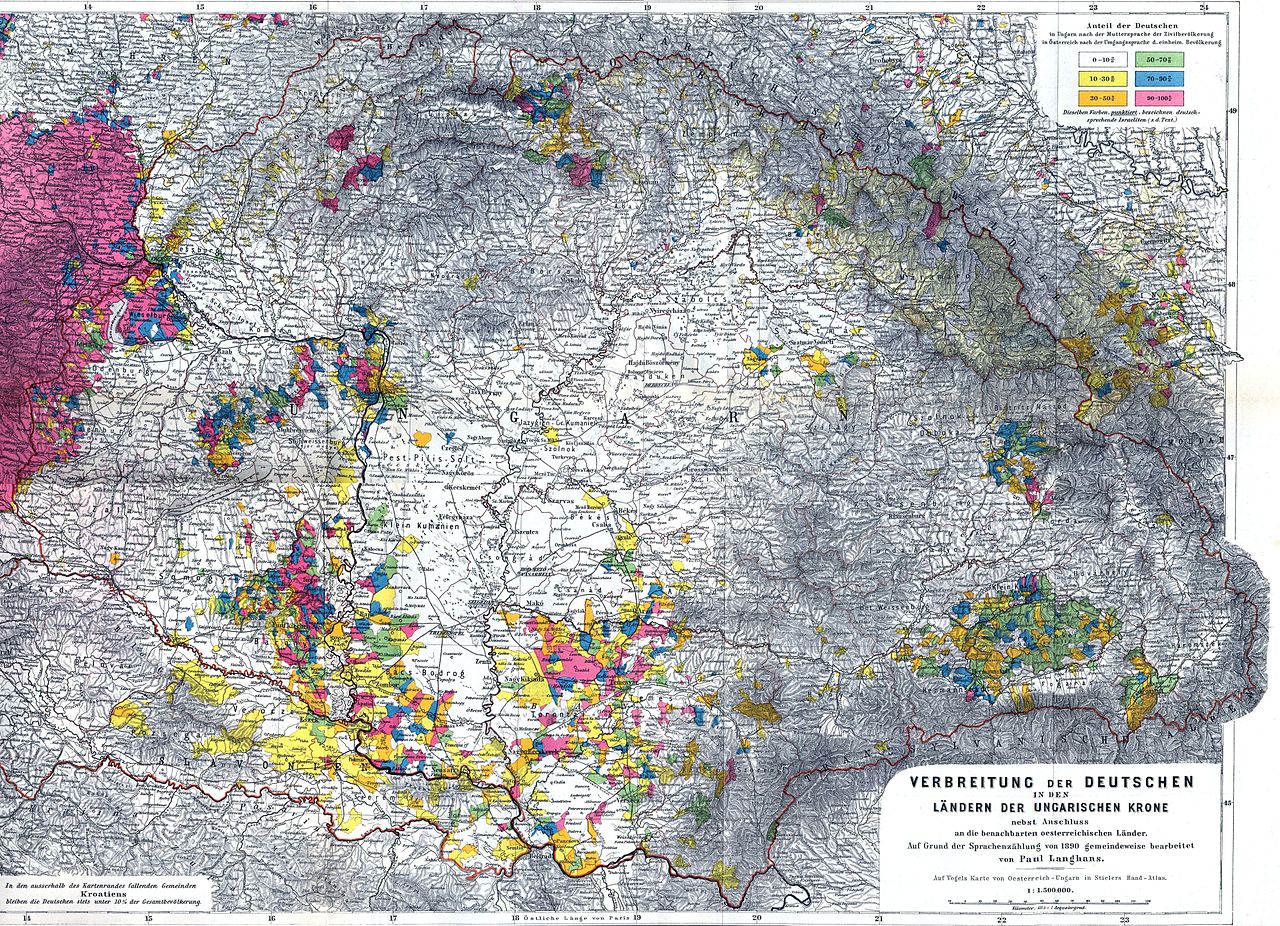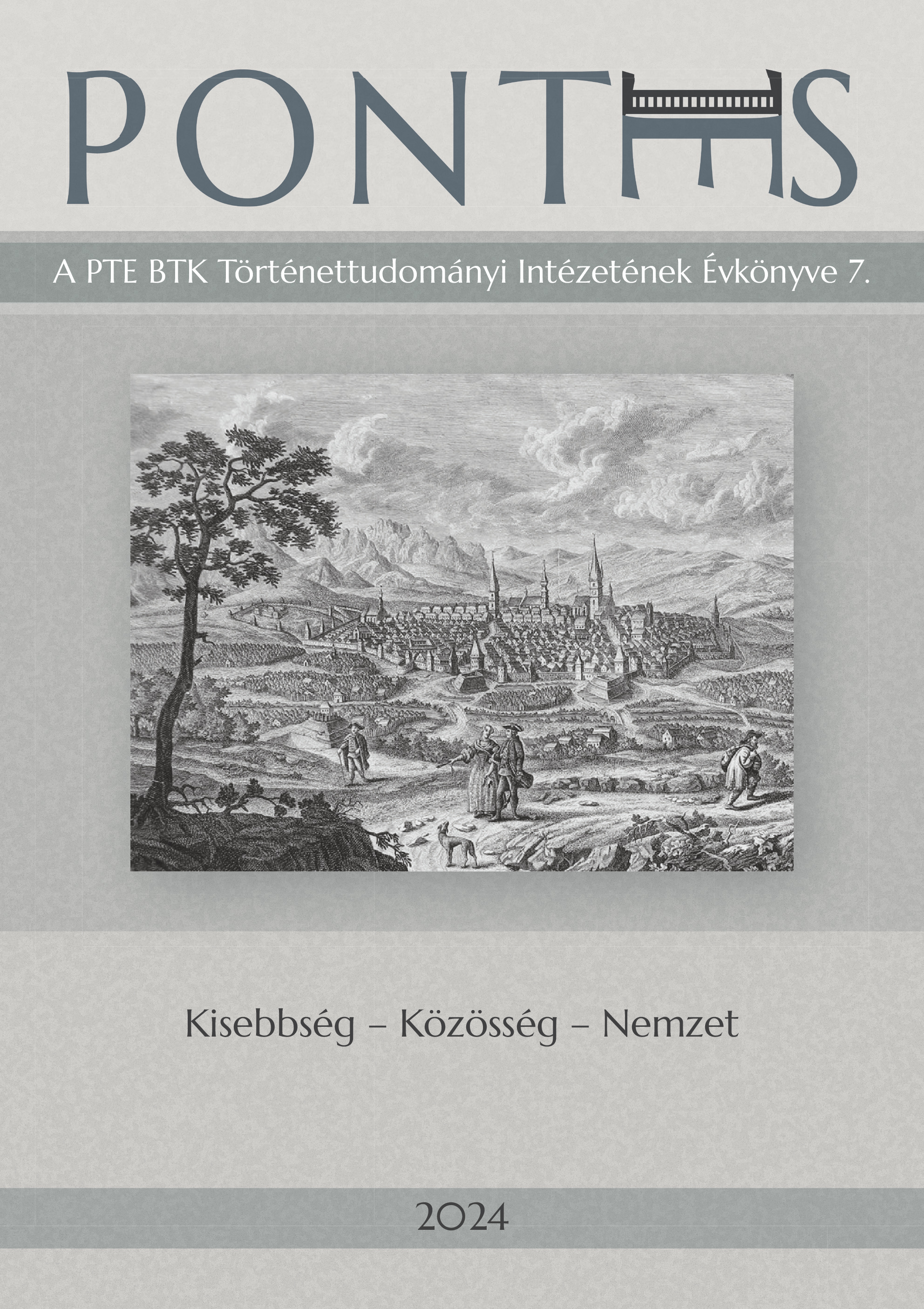The Prominence of Youth in the Process of Group Formation of Germans in Hungary
DOI:
https://doi.org/10.15170/PONTES.2024.07.01.04Keywords:
Germans in Hungary, youth, ethnic group, minority, ethno-policy, ethnic homogenisationAbstract
German identity management in Hungary, which intended to make compromises in the 1920s, was not particularly successful. In the school question, in access to youth, and in relations with the churches and the youth organisation ‘Levente’, progress was modest at best. Th us, by the second half of the 1920s, it had become clear that the youth had to be given priority in the group formation of Germans in Hungary, to make it more dynamic. But the youth did not show much inclination for emancipation in their socio-economic milieu, and the conditions for their mobilisation and at the same time their politicisation were unfavourable. A double emancipation was needed: emancipation in the social sense, as youth, and emancipation in the ethnic sense, as German youth. Since independent initiatives were only evident among the university age group, emancipation of teenagers had to be promoted from outside. Th is process was fi nally able to unfold in the early 1930s.

Downloads
Published
Issue
Section
License

This work is licensed under a Creative Commons Attribution-NonCommercial-NoDerivatives 4.0 International License.














